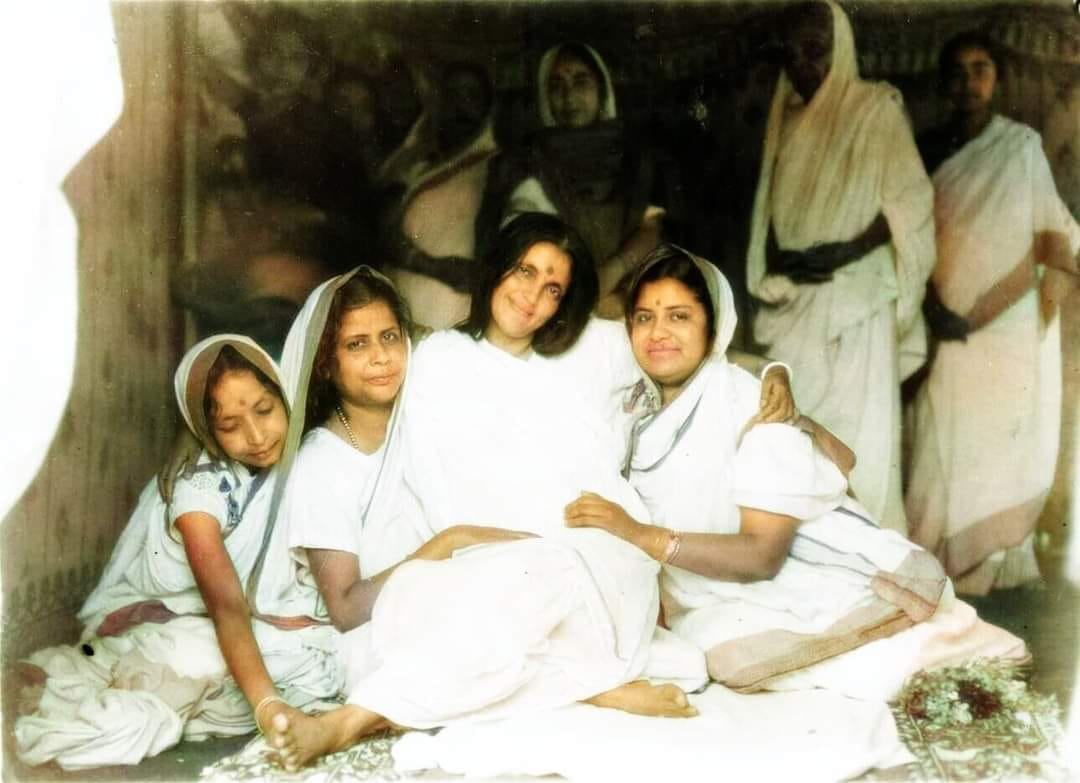meditation 87:
hiatus

In 1974 – 1975
Swami Lakshmanjoo and Pandit Dina Nath Muju
did not translate this verse (Verse 113).
In lieu of which, this:
Before the eighteenth century, lightning was thought to be an emanation from the earth or the friction of clouds rubbing together. It was a popular pastime to try to discover lightning's true nature because no one really realized the danger. Lightning can't be domesticated. A hundred million volts accumulate between earth and cloud, until a white-hot dart shoots down, followed by another, and another--the zigzag of ions that form a channel for lightning to surge up from the ground--in a fraction of a second. The surrounding air molecules glowing. In the electrified area beneath the thundercloud, between strikes, rocks have been heard to hum shrilly, and metal--a watch, a ring--to sizzle like oil in a frying pan. Lightning has evaporated glass. It has struck a field of potatoes and cooked them underground, the harvester turning them up perfectly baked. It has rousted geese in mid-flight, which have rained down, ready to eat. The sudden intense heat can expand fabric. People have found themselves naked, their clothes scattered around them, their boots torn from their feet. Lightning can so magnetize objects they are able to lift three times their own weight. Lightning has stopped an electric clock then started it again, the clockhands moving backwards at twice their normal speed. Lightning has struck a building then struck the fire alarm, bringing firemen to put out the blaze. Lightning has restored a man's sight and also his hair. Ball lightning enters through a window, a door, a chimney. Silently circles the room, browses the bookshelf and, as if unable to decide where to sit, disappears through the same air passage. A thousand accumulated moments come to fruition in a few seconds. My cells are reassembled. Struck, my metal melted. My burnt shape branded into my vanished room, a vacancy I once inhabited. Worst of all, She appears as everything I've ever lost. As the One I've missed most (from Fugitive Pieces, a novel by Canadian poet Anne Michaels).
We’re played on like a pipe; our breath is not our own: like two young Eskimo girls sitting cross-legged on the ground, mouth on mouth, blowing by turns each other’s throat cords, making a low, unearthly music. (from Pilgrim at Tinker Creek, by Annie Dillard)